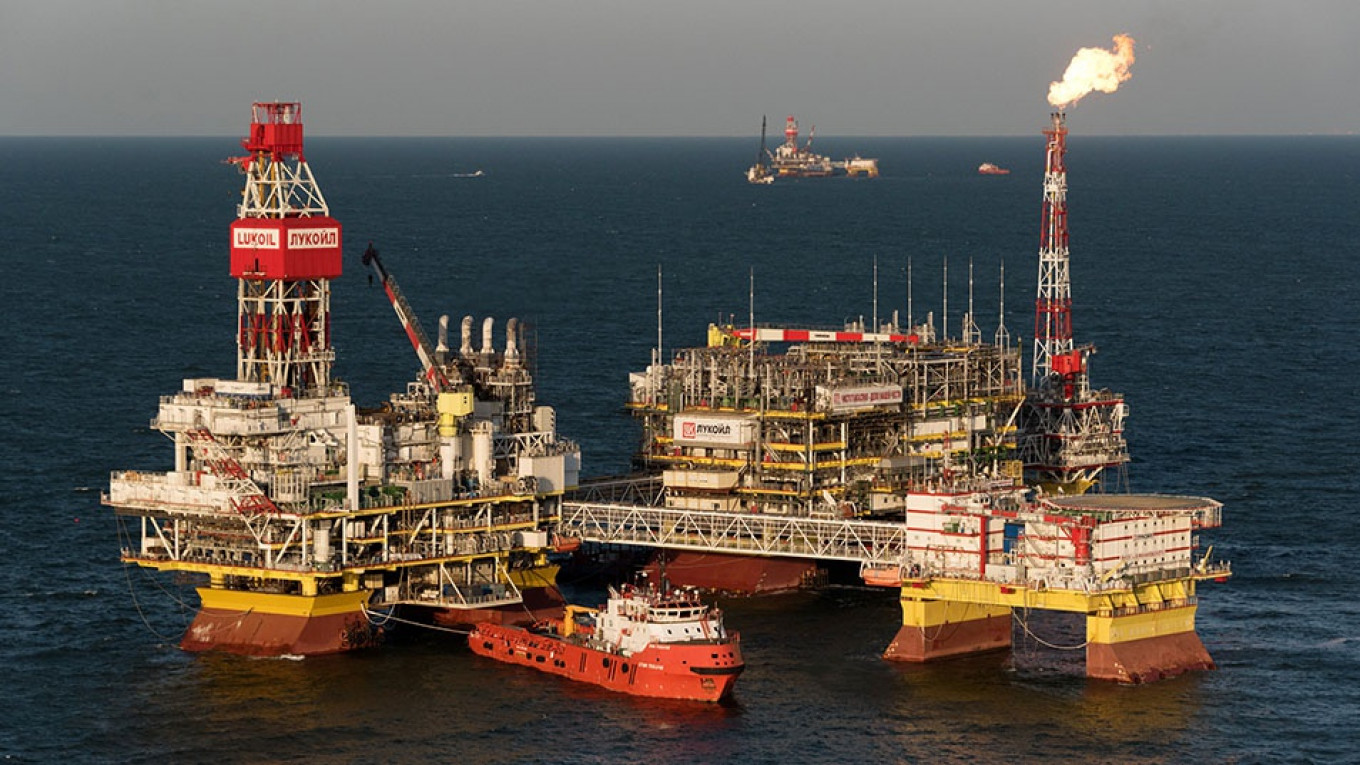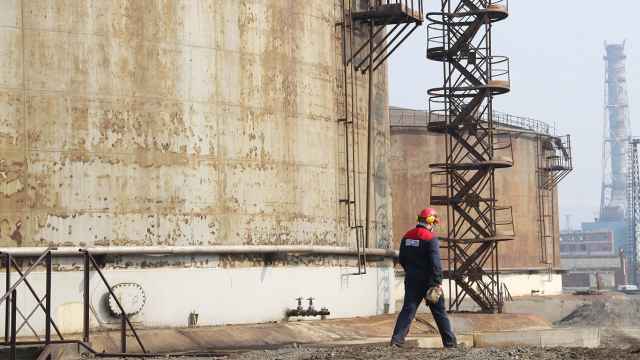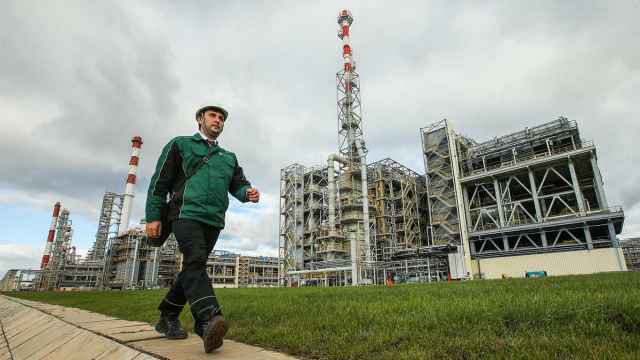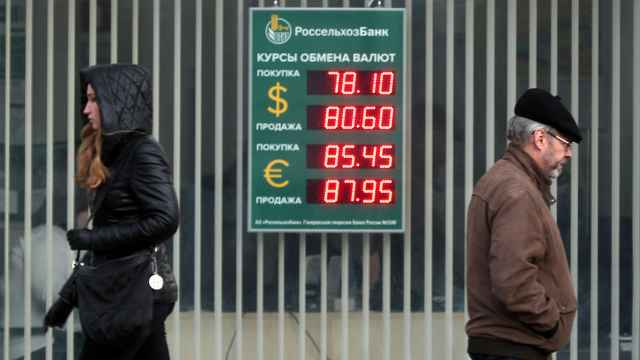Russia’s oil and gas companies are living through the best of times, simultaneously enjoying record production and the highest prices ever in the local currency.
An index of the companies this month hit an all-time high in rubles and reached levels not seen since June 2014 in dollars. Russian crude producers are raking in cash as the rally in dollar-denominated oil prices is amplified by a weakening ruble, helping the industry achieve record-breaking revenues and shrink debts.
But there’s a cloud on the horizon. There’s a risk that the U.S. could toughen sanctions on Russia in connection with the chemical weapons attack in the U.K or continued allegations of election interference.
"All investors are asking themselves — OK, the Russian companies look attractive right now, but what about the next six months, what about the next 12 months," said Alexandre Dimitrov, head of Emerging Europe EQ Funds at Erste Sparinvest Kap Mbh.
"Everyone is looking at November, when we have mid-term U.S. Congress elections and the new sanctions against Russia."
An agreement between the Organization of Petroleum Exporting Countries and its allies in June to relax oil output cuts has allowed Russian oil companies to resume production growth. They’re doing it so actively that the industry is said to have set a new post-Soviet record this month.
Russian oil producers are an attractive investment long-term because they have some of the lowest lifting costs globally, focus on domestic projects with a long reserve lifespan and offer growing dividend yields, Ekaterina Iliouchenko, a money manager at Union Investment Privatfonds GmbH in Frankfurt, said by email. Yet the shares are still undervalued compared to Western peers because of the sanctions risk.
In late November, the White House is set to pick new restrictions from a list prepared by the lawmakers, which includes U.S. opposition against financial assistance to Russia and a ban on almost all goods and technology exports to the country.
Since the wording of the plan is vague, investors fear the new restrictions might cause more serious damage to Russia’s energy sector than earlier sanctions, potentially even echoing the recent crisis around aluminum giant United Co. Rusal earlier this year.
“There are so many different scenarios that may come out,” Mark Schlarbaum, managing partner at Krane Fund Advisers LLC, which has $1.5 billion of assets, said by phone from New York.
“Even if stocks are cheap, things are really unpredictable — people can’t model out what’s going to happen because that’s such a great unknown.”
A Message from The Moscow Times:
Dear readers,
We are facing unprecedented challenges. Russia's Prosecutor General's Office has designated The Moscow Times as an "undesirable" organization, criminalizing our work and putting our staff at risk of prosecution. This follows our earlier unjust labeling as a "foreign agent."
These actions are direct attempts to silence independent journalism in Russia. The authorities claim our work "discredits the decisions of the Russian leadership." We see things differently: we strive to provide accurate, unbiased reporting on Russia.
We, the journalists of The Moscow Times, refuse to be silenced. But to continue our work, we need your help.
Your support, no matter how small, makes a world of difference. If you can, please support us monthly starting from just $2. It's quick to set up, and every contribution makes a significant impact.
By supporting The Moscow Times, you're defending open, independent journalism in the face of repression. Thank you for standing with us.
Remind me later.






